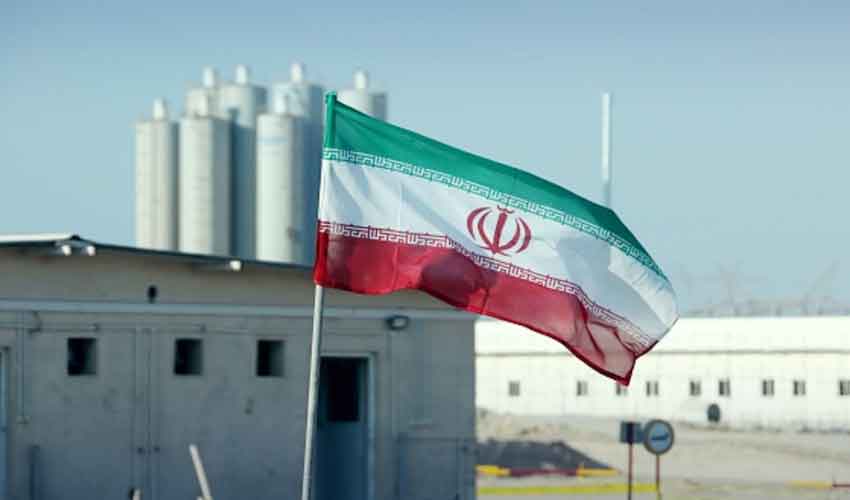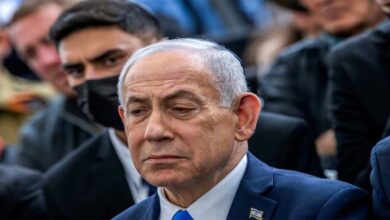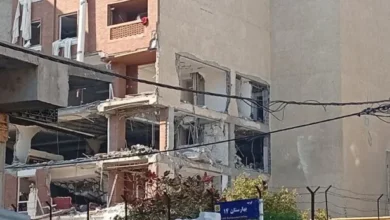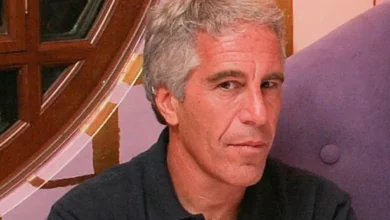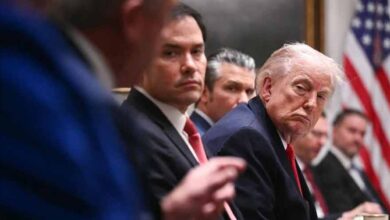Iran has formally scrapped its nuclear inspection agreement with the International Atomic Energy Agency (IAEA), just weeks after the reinstatement of UN sanctions, state media reported on Tuesday.
The announcement marks a new low in Tehran’s strained relations with Western powers and the UN watchdog.
The decision, made public by Supreme National Security Council Secretary Ali Larijani, comes less than a month after the UN sanctions were reimposed on Iran. The move effectively ends the limited cooperation framework signed between Tehran and the IAEA in September, which had allowed inspectors to return to Iranian nuclear sites after months of tension.
“The agreement has been cancelled,” Larijani said during a meeting with his Iraqi counterpart in Tehran. However, he added that Iran remained open to reviewing any new proposals from the agency, saying, “If the agency has a proposal, we will review it in the secretariat.”
The cancellation follows a series of escalating developments between Tehran and Western powers. Iran’s Foreign Minister, Abbas Araqchi, had already warned earlier this month that the agreement would be scrapped if sanctions were reinstated. Those sanctions, revived last month, triggered the latest breakdown in nuclear diplomacy.
The development is seen as a setback for the IAEA, which had only recently resumed inspections of Iranian nuclear sites following June’s bombings by the United States and Israel. Since then, the agency had been working to restore trust and transparency in Iran’s nuclear program — efforts that now face renewed uncertainty.
Background
Iran’s nuclear program has long been a flashpoint in its relations with the West. The original 2015 Joint Comprehensive Plan of Action (JCPOA) had imposed strict limits on Tehran’s nuclear activities in exchange for sanctions relief. However, following the U.S. withdrawal from the deal in 2018 and the reimposition of sanctions, Iran gradually rolled back its commitments.
The short-lived September agreement between Tehran and the IAEA was seen as a tentative step toward rebuilding confidence. Its cancellation now underscores the fragility of diplomacy amid growing geopolitical tensions.



